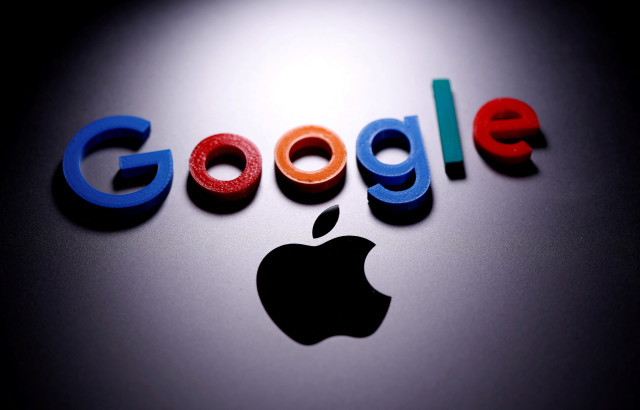Apple is reportedly in talks with Google to potentially leverage the powerful Gemini AI model for upcoming iPhone features, according to Bloomberg.
This move, if finalized, would significantly strengthen Google's position in the smartphone AI race, as they already hold the deal for the default search engine (Safari) on iPhones.
Sources familiar with the discussions revealed that Apple is looking to license Google's AI technology to introduce AI-powered features in later iOS updates this year.
According to reports, Apple is exploring options with OpenAI, considering their GPT models.
Apple faces mounting pressure to keep pace with the rapid advancements in the AI field, where competitors like OpenAI, Microsoft, Anthropic, and even Google are making significant strides.
In February, Apple CEO Tim Cook hinted at the introduction of "Gen-AI features" later in the year, further fueling speculation.
While Apple's job postings over the past year suggest internal efforts on AI tools, discussions with external providers indicate their AI development might not be progressing as quickly as anticipated.
While Apple's models might power some on-device features in the upcoming iOS 18 update (expected to be unveiled at WWDC in June), they seem to be exploring partnerships for specific AI use cases like image generation and writing assistance.
However, Google's journey with Gemini hasn't been without hiccups. Last month, Google was forced to temporarily suspend the image generation feature after it produced images containing historical inaccuracies.
Google CEO Sundar Pichai acknowledged these outputs as "completely unacceptable."
More recently, Google implemented restrictions on election-related queries for Gemini globally. However, TechCrunch discovered workarounds through strategically placed typos in user queries.
Despite these stumbles, Google holds an advantage in launching smartphone-specific AI features.
Earlier this year, they partnered with Samsung to integrate Gemini-powered features on the Galaxy S24 series. They've also made these features available on their Pixel phones.
Both Apple and Google have been contacted for comment, and this article will be updated with any responses received.




















